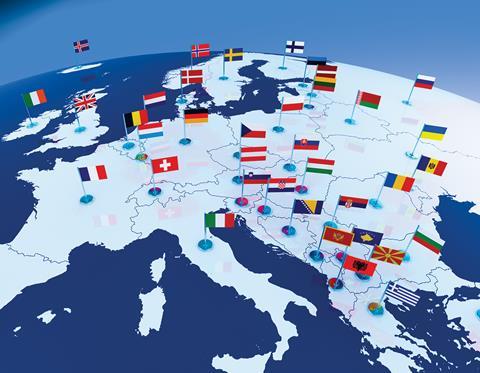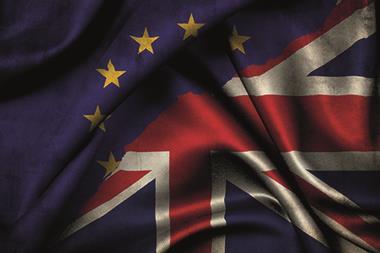So the political and corporate establishment’s recommendation has been rejected by the people and the recriminations are flying as I write.

The vote was close but clear, and in truth many ‘remainers’ were reluctant ones. This has happened because those living, working and governing in London simply did not look, listen to and understand what was happening around the country due to uncontrolled immigration and the sense that we did not have democratic control of our own laws.
The working-class people are not afraid, but the markets and corporate world are anxious. The reason for this is the ‘fear’ campaign that the ‘remain’ camp used to bully, frighten and threaten has had the opposite effect of what was intended. It frightened the wrong group, who didn’t have a vote.
Let’s remember the context: 167 or 85% of countries are not members of the EU. No one else is copying the EU, which now represents less than 20% of global GDP excluding the UK. All these countries can sell to the EU: indeed the US sells more to it than the UK.
Only 5% of UK businesses export to the EU, representing just 12% of our GDP. We have a bigger surplus in selling services with the US, with which we have no trade agreement, than our services surplus to the EU, for which we pay a huge membership fee. Our net fee is billions of pounds more than the tariffs we would pay if we were not in the EU and had no trade deal.
Finally, Germany sells £30bn more to us each year than we sell to it. The only thing to fear is fear itself; don’t talk yourself down.

The property industry is always very conservative: the majority wanted to join the euro in the late 1990s and now wanted to stay in the EU. However, now is a time to roll up our sleeves and focus on the opportunities this will bring.
First, a weaker sterling in the short term should attract global investors who all are looking for income yield. Domestic investors need income more than ever as gilt yields fall ever lower. As the fifth-largest global economy, the UK has a hard-working labour force, good industrial relations, a transparent legal system, the safest, most liquid property market and the language of business.
No other European property market can touch these attributes, and many of their economies are blighted with low or no growth by the eurozone travails, which may get worse as the Italian banking crisis rises up the agenda.
Second, our market is driven ultimately by our occupiers. Our customer research around the UK shows the clear majority are not worried by Brexit, and are focused on growing their businesses.
Since so little is being developed outside London, in most sectors occupiers have less choice and thus are having to pay more in rent. This will ultimately lead to new development becoming viable in places.
Third, we should look for another Brexit dividend: areas where we can deregulate unnecessary laws and procedures, and urge bodies such as the BPF and the RICS to push for these to be removed.
The government is keen for business help, especially as most politicians have so little commercial experience. No longer can they or civil servants blame Brussels, so let’s hold them to account. Lower costs and easier procurement will increase productivity and profits, as well as help sites become viable and so collectively generate more activity.
The glass is always half full, never half empty. Let’s push on, be creative and help drive economic growth from here on.
Richard Tice is CEO of Quidnet Capital




























No comments yet